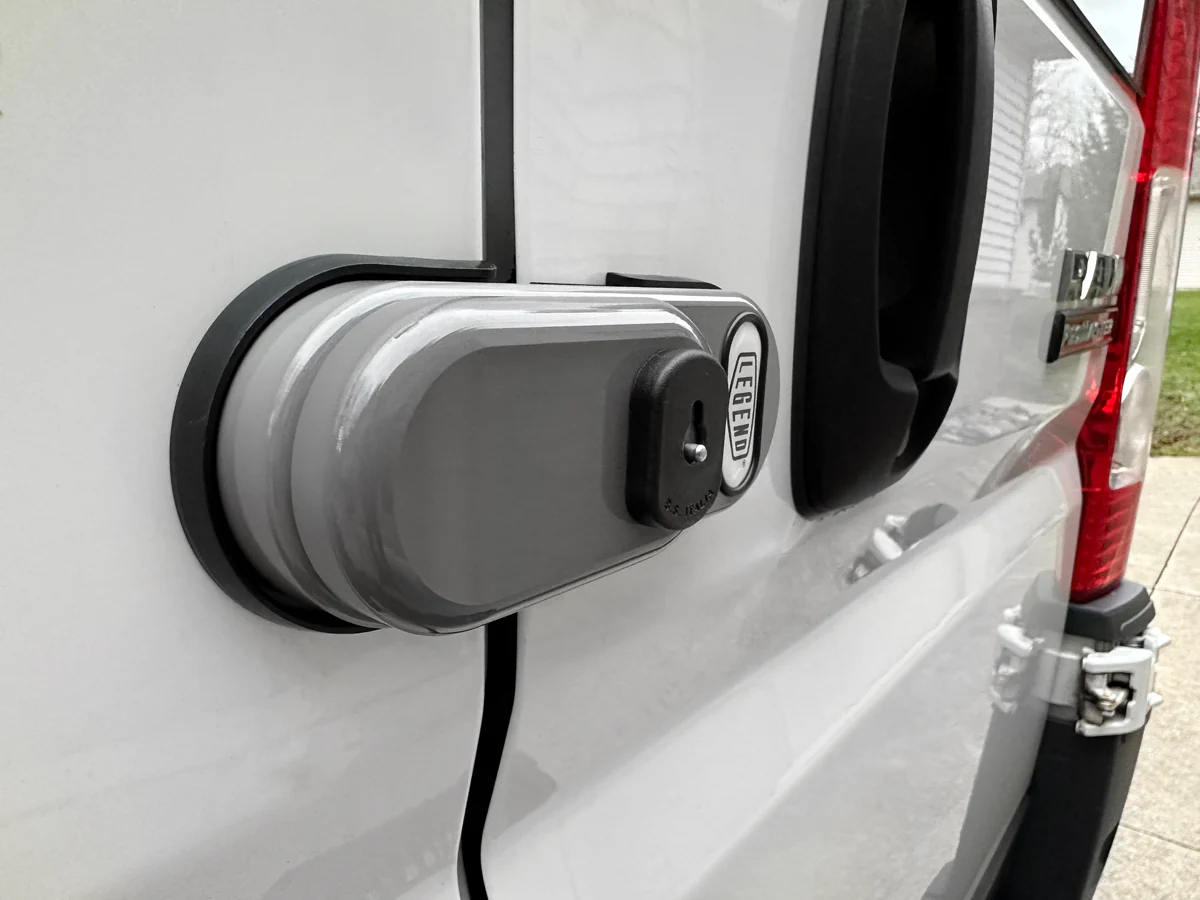
Understanding Common Dishwasher Issues
Identifying Symptoms of Dishwasher Malfunction
Understanding the signs that your dishwasher is malfunctioning is crucial for ensuring its optimal operation and preventing further damage. Common symptoms include:
- Water not draining: If water remains in the bottom of the dishwasher after a cycle, it could indicate a clogged filter or drain hose.
- Inconsistent washing: If dishes come out dirty or wet, there may be issues with the spray arms or insufficient water temperature.
- Unusual noises: Loud or strange sounds during operation can point to loose parts or worn-out components.
- Leaking: Water pooling around the base may signal a door seal issue or a broken pump.
- Odors: Unpleasant smells can arise from food particles trapped in filters or stagnant water.
Common Causes of Dishwasher Repair Needs
Dishwashers are complex appliances and can experience various issues stemming from several causes. Here are some common reasons that might necessitate dishwasher repair:
- Clogged filters: Over time, filters can trap food debris and grease, resulting in malfunction.
- Faulty door latch: A malfunctioning latch can prevent the dishwasher from starting or cause leaks.
- Electrical problems: Issues with wiring, connections, or the control board can lead to functional issues.
- Pump failure: The dishwasher’s pump is critical for draining water; if it fails, water will accumulate.
- Worn-out seals: Rubber gaskets degrade over time, leading to leaks and operational inefficiencies.
When to Seek Professional Help
Not all dishwasher issues can be resolved through DIY methods. Recognizing when to call a professional is essential for both safety and efficiency. Consider seeking help if:
- You encounter persistent problems despite troubleshooting efforts.
- You lack the technical knowledge or tools needed for repair.
- The dishwasher is under warranty, and repairs may void it.
- You notice electrical issues, such as flickering lights or burning smells.
- The cost of parts plus DIY time approaches or exceeds professional repair pricing.
DIY Dishwasher Repair: Basic Troubleshooting
Tools You Need for Dishwasher Repair
Before embarking on any DIY repairs, equipping yourself with the right tools is essential. Common tools required for dishwasher repairs include:
- Screwdrivers: Both flat-head and Phillips-head screwdrivers are typically needed to access the internal components.
- Pliers: These are useful for gripping and turning various parts.
- Socket wrench set: Needed for removing nuts or bolts that hold components in place.
- Multimeter: This tool is crucial for diagnosing electrical issues by checking voltage and continuity.
- Bucket or towel: To catch any water that may spill during repairs.
Step-by-step Guide to Simple Fixes
For those considering DIY repairs, here are some straightforward steps to follow for common issues:
- Not draining: Check for clogs in the filter and drain hose. Remove the filter and clean it under running water.
- Dirty dishes: Ensure that spray arms are not blocked by debris. Remove any blockages and ensure the spray arm can rotate freely.
- Leaking water: Inspect door seals and use a silicone-based grease if they appear cracked or damaged. Replace them if necessary.
- Strange noises: Remove any trapped utensils or debris obstructing the spray arms, which could cause noise.
Safety Precautions During DIY Repairs
Safety should always be the top priority when undertaking DIY repairs. Here are crucial precautions to follow:
- Disconnect power: Before starting any work, unplug the dishwasher or turn off the circuit breaker to prevent electrical shock.
- Use protective gear: Wear gloves and goggles to protect your hands and eyes from sharp components and cleaning agents.
- Read the manual: Familiarize yourself with the dishwasher’s manual to understand its specifics and safety instructions.
- Work in a ventilated area: If using any cleaning agents, ensure the space is well-ventilated to avoid inhaling fumes.
Advanced Dishwasher Repair Techniques
Understanding Electrical Components
For more complex dishwasher issues, a solid understanding of electrical components is necessary. Key components include:
- Power cord: Ensure it is intact with no visible damage.
- Control board: A malfunctioning board can cause various operational issues; replacing it may require professional help.
- Wiring harness: Check for frayed wires that can disrupt power supply.
- Overload protection: This safeguard can trip if the dishwasher draws too much power, requiring a reset.
Common Parts that Require Replacement
Over time, certain parts of a dishwasher are more prone to wearing out. Understanding these parts can help you proactively manage repairs. Frequently replaced components include:
- Door latch assembly: If this fails, the dishwasher may not start.
- Heating element: Essential for heating water; a malfunction will result in ineffective cleaning.
- Drain pump: Replacing a faulty drain pump may be necessary if water is not being expelled properly.
- Float switch: This component detects the water level; if it’s stuck, it can cause overflow.
How to Diagnose Deeper Mechanical Issues
More profound mechanical issues require a systematic approach for effective diagnosis. Here are the steps to identify potential problems:
- Check for error codes: Many dwellings come equipped with error code systems that can indicate specific malfunctions.
- Listen for unusual noises: Identify whether noises occur during specific cycles to help diagnose the issue.
- Conduct a water pressure test: Adequate water pressure is vital; low pressure may indicate supply line issues.
Maintaining Your Dishwasher for Longevity
Best Practices for Regular Maintenance
Regular maintenance can significantly extend the life of your dishwasher. Consider implementing the following best practices:
- Run vinegar through the dishwasher: This helps clean the internal components and remove odors.
- Inspect and clean the filter: Check this component monthly and clean it thoroughly as needed.
- Keep the spray arms free of obstructions: Regularly check and clean spray arms to ensure they operate efficiently.
- Wipe down the door seals: This prevents debris buildup that can compromise the seal.
Signs That Indicate Upcoming Repair Needs
Even with good maintenance, you’ll want to keep an eye out for early signs of trouble. Recognizing these can save time and cost:
- Increased noise during cycles.
- Water pooling at the bottom or under the unit.
- Unusual odors emanating from the appliance.
- Longer cycle times than usual.
Tips for Keeping Your Dishwasher Running Smoothly
Implementing effective tips can enhance your dishwasher’s performance:
- Load dishes correctly: Proper loading prevents blockages and ensures thorough cleaning.
- Use the correct detergent: Make sure to choose a detergent suited for your water type (hard or soft).
- Run hot water before starting: This ensures that the dishwasher starts with optimal water temperature.
- Avoid overloading: Give the dishwasher space to clean effectively without straining the motor.
Understanding the Cost of Dishwasher Repair
Factors Influencing Repair Pricing
The cost of dishwasher repair can vary significantly based on various factors, including:
- Type of repair needed: Simple repairs will naturally cost less than complex or extensive mechanical work.
- Brand and model: Some brands have specific parts that may be more expensive or harder to find.
- Labor rates: Prices can vary depending on the geographic location and technician rates.
Budgeting for Future Repairs
Being proactive about budgeting can help you manage costs effectively. Consider setting aside a small percentage of your monthly budget for appliance repairs. A good rule of thumb is 1-2% of the value of your home per year for all home maintenance, which includes dishwasher repairs.
Comparing DIY vs. Professional Service Costs
When evaluating whether to tackle repairs yourself or hire a pro, consider these aspects:
- DIY repairs: Typically involve minimal costs, mainly for tools and replacement parts. However, you must invest your time and ensure you have the skills.
- Professional service: This may be more costly upfront but often comes with warranties for parts and labor, providing peace of mind.






